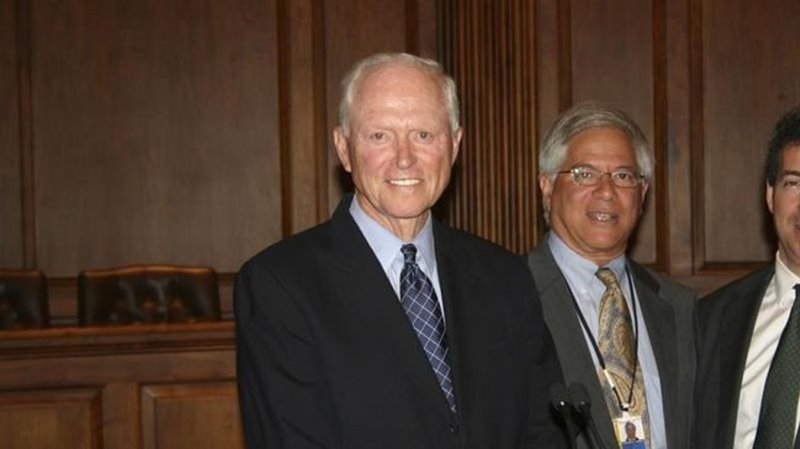
Former US Attorney General Benjamin Civiletti dies at 87
WASHINGTON (AP) — Former U.S. Attorney General Benjamin R. Civiletti, who investigated President Jimmy Carter’s brother while in the administration and who later became one of the nation’s most expensive private attorneys, has died. He was 87.
The Baltimore Sun reported that Civiletti died Sunday evening of Parkinson’s at his home in Lutherville, Maryland.
In a statement Monday night, Attorney General Merrick Garland, who worked at the Justice Department with Civiletti in 1979, hailed his former boss’s “skill, integrity and dedication.”
“I would describe myself as a hardworking lawyer with good judgment who gets things done,” Civiletti told the Baltimore Sun not long after he became, in 2005, the nation’s first lawyer to charge $1,000 an hour.
